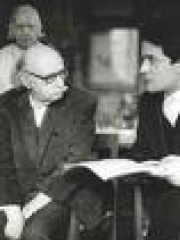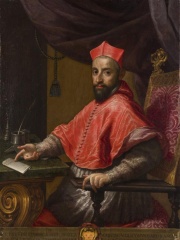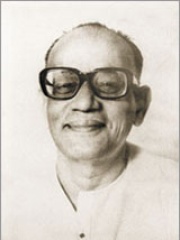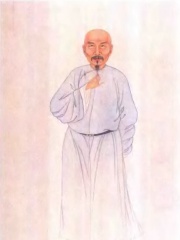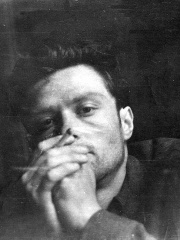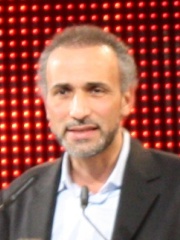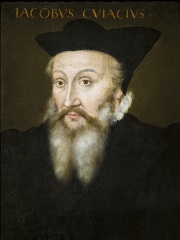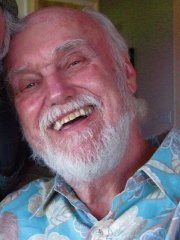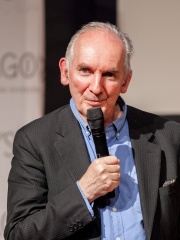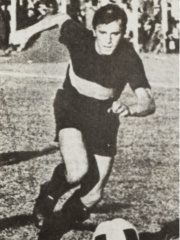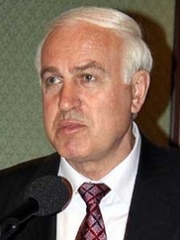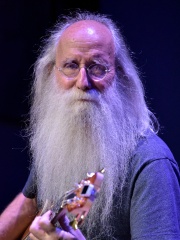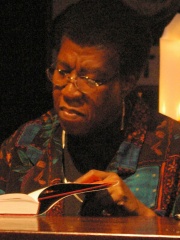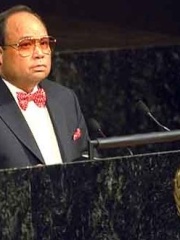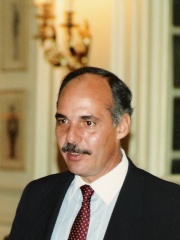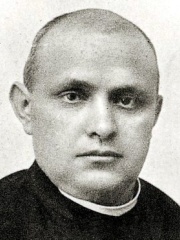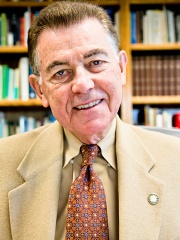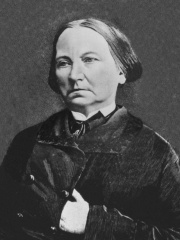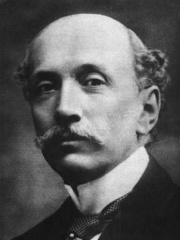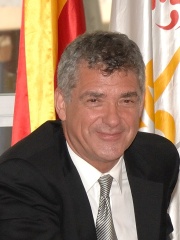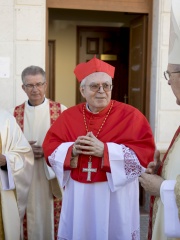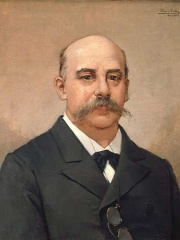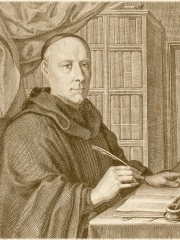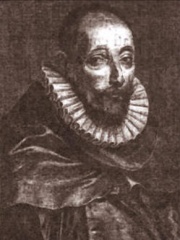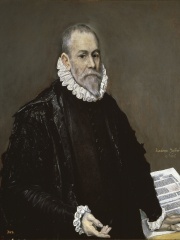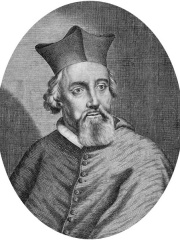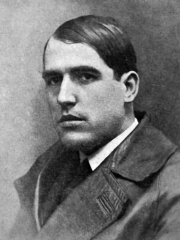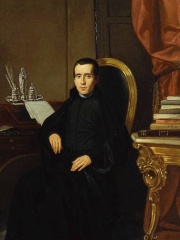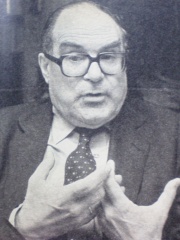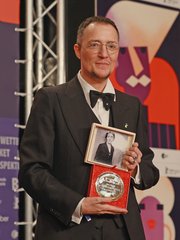Philosopher
Fernando Savater
1947 - today
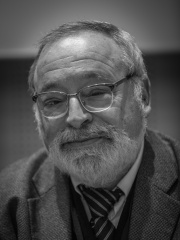
 Fernando Savater
Fernando Savater
Fernando Fernández-Savater Martín (born 21 June 1947 at Basque city of San Sebastián) is a Spanish philosopher, essayist and author. Read more on Wikipedia
His biography is available in 28 different languages on Wikipedia. Fernando Savater is the 993rd most popular philosopher (down from 948th in 2024), the 1,152nd most popular biography from Spain (down from 1,083rd in 2019) and the 32nd most popular Spanish Philosopher.
Memorability Metrics
Page views of Fernando Savater by language
Among Philosophers
Among philosophers, Fernando Savater ranks 993 out of 1,267. Before him are Jean Rostand, Hegesias of Magnesia, Ibn Abi'l-Hadid, Pedro da Fonseca, Christian von Ehrenfels, and Prabhat Ranjan Sarkar. After him are Wei Yuan, Anniceris, Evald Ilyenkov, Tariq Ramadan, Jacques Cujas, and Ram Dass.
Most Popular Philosophers in Wikipedia
Go to all RankingsJean Rostand
1894 - 1977
HPI: 59.11
Rank: 987
Hegesias of Magnesia
200 BC - 170 BC
HPI: 59.07
Rank: 988
Ibn Abi'l-Hadid
1190 - 1258
HPI: 59.06
Rank: 989
Pedro da Fonseca
1528 - 1599
HPI: 59.04
Rank: 990
Christian von Ehrenfels
1859 - 1932
HPI: 59.03
Rank: 991
Prabhat Ranjan Sarkar
1921 - 1990
HPI: 59.02
Rank: 992
Fernando Savater
1947 - Present
HPI: 58.94
Rank: 993
Wei Yuan
1794 - 1857
HPI: 58.89
Rank: 994
Anniceris
400 BC - 360 BC
HPI: 58.89
Rank: 995
Evald Ilyenkov
1924 - 1979
HPI: 58.85
Rank: 996
Tariq Ramadan
1962 - Present
HPI: 58.84
Rank: 997
Jacques Cujas
1522 - 1590
HPI: 58.83
Rank: 998
Ram Dass
1931 - 2019
HPI: 58.80
Rank: 999
Contemporaries
Among people born in 1947, Fernando Savater ranks 369. Before him are Jerry Nadler, Alan Lee, Svetlana Toma, Pete Maravich, Omar Larrosa, and Benoît Jacquot. After him are Rajko Grlić, Valeriy Pustovoitenko, Leland Sklar, Octavia E. Butler, René Harris, and Alfredo Cristiani.
Others Born in 1947
Go to all RankingsJerry Nadler
POLITICIAN
1947 - Present
HPI: 59.10
Rank: 363
Alan Lee
PAINTER
1947 - Present
HPI: 59.03
Rank: 364
Svetlana Toma
ACTOR
1947 - Present
HPI: 59.00
Rank: 365
Pete Maravich
BASKETBALL PLAYER
1947 - 1988
HPI: 58.98
Rank: 366
Omar Larrosa
SOCCER PLAYER
1947 - Present
HPI: 58.96
Rank: 367
Benoît Jacquot
FILM DIRECTOR
1947 - Present
HPI: 58.95
Rank: 368
Fernando Savater
PHILOSOPHER
1947 - Present
HPI: 58.94
Rank: 369
Rajko Grlić
FILM DIRECTOR
1947 - Present
HPI: 58.85
Rank: 370
Valeriy Pustovoitenko
POLITICIAN
1947 - Present
HPI: 58.85
Rank: 371
Leland Sklar
SINGER
1947 - Present
HPI: 58.79
Rank: 372
Octavia E. Butler
WRITER
1947 - 2006
HPI: 58.78
Rank: 373
René Harris
POLITICIAN
1947 - 2008
HPI: 58.69
Rank: 374
Alfredo Cristiani
POLITICIAN
1947 - Present
HPI: 58.66
Rank: 375
In Spain
Among people born in Spain, Fernando Savater ranks 1,152 out of 3,355. Before him are Santi Cazorla (1984), Juan José Elhuyar (1754), Antoni Maria Alcover i Sureda (1862), Luis Rodríguez (1948), Josep Escolà (1914), and Francisco J. Ayala (1934). After him are Concepción Arenal (1820), Eduardo Dato (1856), Ángel María Villar (1950), Aquilino Bocos Merino (1938), Ramón Chao (1935), and Emilio Castelar (1832).
Others born in Spain
Go to all RankingsSanti Cazorla
SOCCER PLAYER
1984 - Present
HPI: 59.06
Rank: 1,146
Juan José Elhuyar
CHEMIST
1754 - 1796
HPI: 59.02
Rank: 1,147
Antoni Maria Alcover i Sureda
WRITER
1862 - 1932
HPI: 59.02
Rank: 1,148
Luis Rodríguez
PRODUCER
1948 - Present
HPI: 58.99
Rank: 1,149
Josep Escolà
SOCCER PLAYER
1914 - 1998
HPI: 58.98
Rank: 1,150
Francisco J. Ayala
BIOLOGIST
1934 - 2023
HPI: 58.95
Rank: 1,151
Fernando Savater
PHILOSOPHER
1947 - Present
HPI: 58.94
Rank: 1,152
Concepción Arenal
WRITER
1820 - 1893
HPI: 58.94
Rank: 1,153
Eduardo Dato
POLITICIAN
1856 - 1921
HPI: 58.94
Rank: 1,154
Ángel María Villar
POLITICIAN
1950 - Present
HPI: 58.91
Rank: 1,155
Aquilino Bocos Merino
RELIGIOUS FIGURE
1938 - Present
HPI: 58.89
Rank: 1,156
Ramón Chao
WRITER
1935 - 2018
HPI: 58.88
Rank: 1,157
Emilio Castelar
POLITICIAN
1832 - 1899
HPI: 58.88
Rank: 1,158
Among Philosophers In Spain
Among philosophers born in Spain, Fernando Savater ranks 32. Before him are Benito Jerónimo Feijóo y Montenegro (1676), Francisco Sanches (1550), Gómez Pereira (1500), Juan Caramuel y Lobkowitz (1606), Ramiro Ledesma Ramos (1905), and Bahya ibn Paquda (1050). After him are Jaime Balmes (1810), Dominicus Gundissalinus (1115), Julián Marías (1914), and Paul B. Preciado (1970).
Benito Jerónimo Feijóo y Montenegro
1676 - 1764
HPI: 61.77
Rank: 26
Francisco Sanches
1550 - 1623
HPI: 61.54
Rank: 27
Gómez Pereira
1500 - 1567
HPI: 60.51
Rank: 28
Juan Caramuel y Lobkowitz
1606 - 1682
HPI: 60.38
Rank: 29
Ramiro Ledesma Ramos
1905 - 1936
HPI: 59.95
Rank: 30
Bahya ibn Paquda
1050 - 1120
HPI: 59.86
Rank: 31
Fernando Savater
1947 - Present
HPI: 58.94
Rank: 32
Jaime Balmes
1810 - 1848
HPI: 58.80
Rank: 33
Dominicus Gundissalinus
1115 - 1190
HPI: 58.80
Rank: 34
Julián Marías
1914 - 2005
HPI: 56.97
Rank: 35
Paul B. Preciado
1970 - Present
HPI: 52.87
Rank: 36
